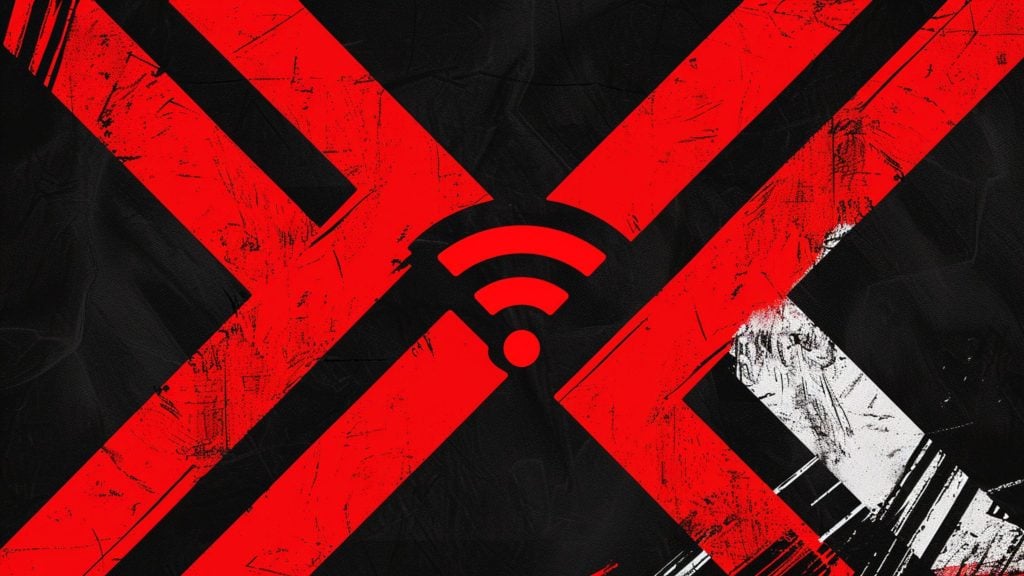Proprietary tech dinosaur Adobe is attempting to gain a firm grip on content attribution on the internet via its Content Authenticity Initiative (CAI) project, market it as a tool to fight misinformation, and make it “an industry standard” by pushing it through Photoshop, the world’s dominant closed-source photo editing program.
The CAI, now its very early days, with a proof-of-concept yet to be produced and implemented in Photoshop, should provide attribution data that is useful to creators and users. Anyone who thinks EXIF is already there to just that, Adobe explained in a white paper published to precede the proof-of-concept that this should be a more “robust” approach providing data that’s traceable and verifiable – cryptographically.
But most importantly, the project’s point is not simply to provide accurate information about the source and authors of an image – but apparently to use that to fight misinformation.
That’s why Adobe teamed up with the New York Times and Twitter to originally announce the CAI last November, and is now seeking other similar partners from the social media realm in order to tackle the misinformation problem related to images, and do it “at scale.”
Andy Parsons, who is in charge of the project for Adobe, said the data embedded in images in this way will provide “digestible history for fact checkers, consumers, anybody interested in the veracity of the media they’re looking at.”
The report insists on the perils of “the misinformation” boom and the usefulness of the CAI – while making a side note of the fact that such as system is eerily reminiscent of digital rights management (DRM), which is legally enforced through the DMCA to serve corporations rather than individual creators, not to mention users.
For now, the plan is to make this option a Photoshop opt-in, and also allow customers to use the tool via a website. But as TechCrunch remarks, even verifiable and identifiable images aren’t enough – they still need “editorial context” to explain to users exactly what it is they’re looking at.
“Eventually you might imagine a social feed or a news site that would allow you to filter out things that are likely to be inauthentic,” said Parsons of CAI’s usefulness.
But when it comes to producing “industry standards for the internet” Adobe doesn’t have a great track record. It is known for things like Flash – one of the most insecure pieces of software to ever exist.













